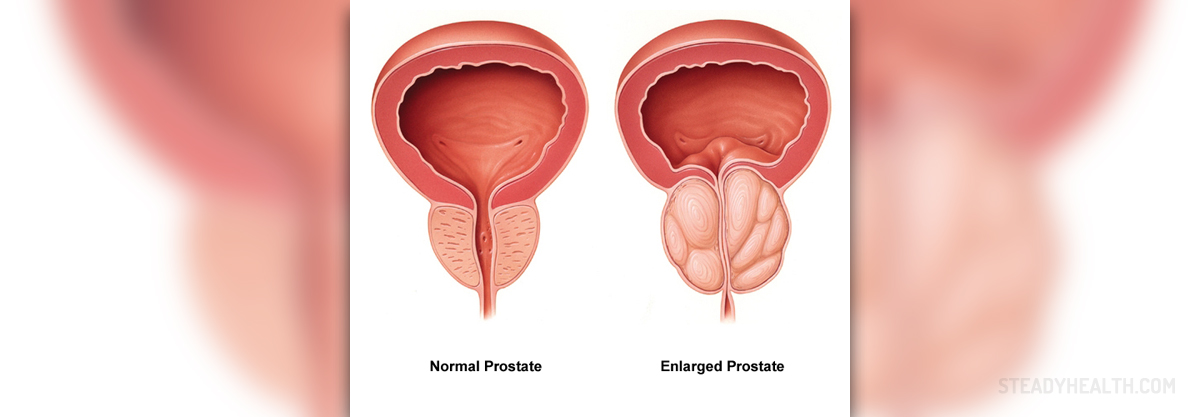
Definition
The prostate is reproductive male gland, responsible for producing the fluid that carries sperm during ejaculation. Prostate surrounds urethra, trough witch urine passes out of the body and in same cases prostate gland grows bigger pressing it and causing urination and bladder problems. This disorder is called Benign prostatic hyperplasia - BPH or Prostate enlargement and happens to almost all man in their older age. 50% of man will experience prostatitis or prostate infection even once in their lifetime.
Causes
Real causes of prostate problems are unknown, but there are some factors that link BPH with testicles and aging. Men, who had their testicles removed at younger age, rarely develop BPH. Also, BOH rarely develops at men bellow age of 40, and almost certainly at age 80+.
Real causes are unknown for 95% of cases, but only 5% of prostate infections cases are explained. Prostate infection has two ways of spreading; first is when bacteria from previous urinary infection moves to attack prostate and second is the case when infected urine is moving through prostatic ducts. There are some organisms, which are prime suspect of causing prostatitis or prostate infection; one is bacteria Escherichia coli (E coli). Other one can be parasites like fungi, staphylococci and genital viruses.
Symptoms
Most symptoms of prostate problems are related with urinating problems, starting from frequent night urinating, dribbling in the end of it and inability to empty the bladder altogether. Infection of prostate can be chronic or acute. In chronic cases infection is recurrent, but less intense than in acute one. In case of prostatitis, fatigue and high fever may occur. The difference between chronic and acute infection is, that in chronic case you can also experience sexual disfunction, pain in testicles, lower back, urinary pain while urinating, pain in jolts and mild fever.
Tests and Exams
Doctors today testing and examining people over 50 as a matter of routine. Usually examination starts with digital rectal exam, in order to check the prostate gland. In case it is enlarged, doctor may perform other various tests which include bladder blood and urine tests, test for infections, etc.
Treatment
Various treatments can be recommended for prostate problems based on the severity of your symptoms from medications and lifestyle changes, and in some cases, surgery.
Problem with prostate symptoms especially with early ones, is that the symptoms are relatively mild and can pass unnoticed. That is why it is very important to pay attention to all possible symptoms of prostate problems because one of possible outcome of prostate problems may be prostate tumor or cancer.







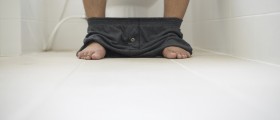



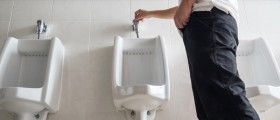
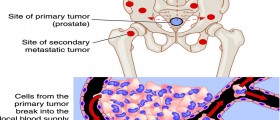
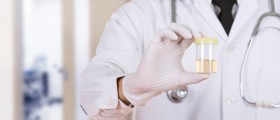
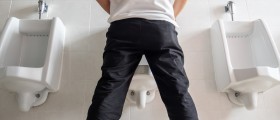


Your thoughts on this
Loading...